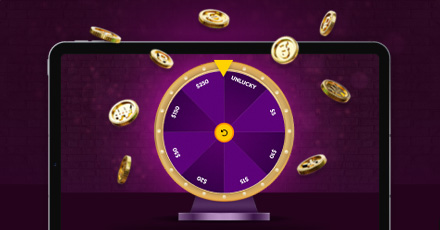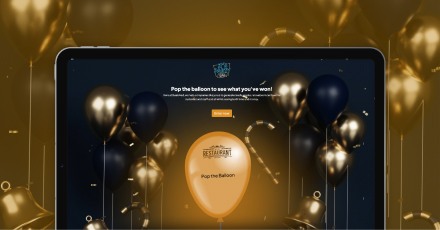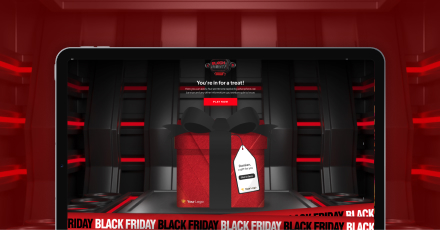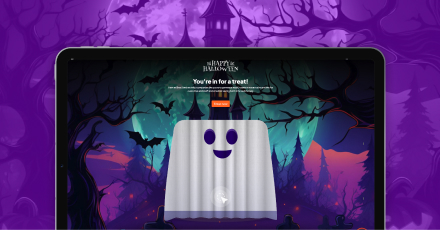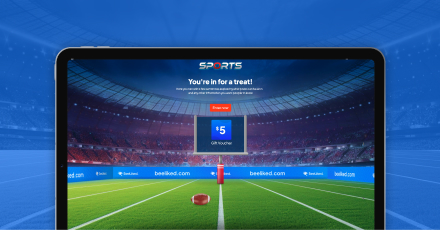What is zero-party data?
Zero-party data is a type of information that is voluntarily and proactively shared by consumers rather than collected by companies through observation or inference. This type of data can be incredibly valuable for businesses, as it allows them to better understand and engage with their customers on a personal level.
How To Create a Zero-party Data Strategy
There are many ways to go about collecting and using zero-party data. To create a successful strategy, it’s important to take consider the following points:
Data privacy: One of the key considerations when creating a zero-party data strategy is data privacy. It is important to be transparent about how data will be collected and used and to give customers control over their data. This can include offering clear opt-out options and allowing customers to view, delete, or correct their data.
Value exchange: Another important consideration is the value exchange between the company and the customer. For customers to willingly share their data, they need to feel they are getting something of value in return. This could be in the form of personalized experiences, exclusive offers, or other rewards.
Customer experience: Customer experience is also an important factor to consider when creating a zero-party data strategy. Collecting data should be seamless and intuitive, and customers should know how their data will be used.
Data quality: Ensuring the quality of the data collected is another key consideration. This includes verifying the accuracy of the data and making sure it is up to date. It is also essential to have processes in place to protect the security of the data and prevent unauthorized access or misuse.
Legal and regulatory compliance: It is vital to ensure that zero-party data collection practices comply with relevant laws and regulations, such as the General Data Protection Regulation (GDPR) in the European Union and the California Consumer Privacy Act (CCPA) in the United States.
Marketing strategy: Zero-party data can be a valuable asset for marketing and customer segmentation, so it is important to consider how it will fit into the overall marketing strategy. This includes determining the types of data to collect and how it will improve customer targeting and personalization.
Five benefits of zero-party data
1. Build stronger relationships
Another benefit of zero-party data is that it can help businesses build stronger customer relationships. By showing customers that their preferences and behaviors are being considered, companies can create a sense of trust and connection with their customers. This can lead to more positive brand perception and customer loyalty.
2. Understand your customers better
By collecting zero-party data, businesses can create detailed customer profiles that allow them to group customers based on shared characteristics and behaviors. This can help companies to tailor their marketing and customer service efforts more effectively, as they can focus on each customer segment’s specific needs and preferences.
3. Improve the customer journey
Another benefit of zero-party data is that it can help businesses to improve their customer journey. By understanding how customers interact with a brand and what factors influence their decisions, companies can optimize their customer journey to create a smoother and more seamless experience. This can lead to increased customer satisfaction and loyalty and higher conversion rates.
4. Stay ahead of the competition
Zero-party data can also help businesses to stay ahead of the competition by staying up-to-date on industry trends and customer preferences. By collecting this data on an ongoing basis, companies can identify new opportunities for growth and stay ahead of the curve in their industry.
5. Increase profits
By knowing more about their customer’s preferences, behaviors, and interests, businesses can create targeted campaigns and offers that are more likely to be of value to the customer. This can lead to higher customer satisfaction and loyalty, as well as increased sales and revenue.
How can gamification help companies collect zero-party data?
Gamification can make collecting data more engaging and enjoyable for customers. This is particularly true for younger generations, more likely to be attracted to game-like experiences. By incorporating gamification into their marketing and customer service efforts, businesses can appeal to this audience and increase the likelihood that they will willingly share their data. Businesses can use several types of gamification techniques:
1. Points and rewards systems
Using points or rewards systems is one gamification technique that can be used to capture zero-party data. Companies can incentivize customers to share their data by offering rewards or recognition for completing specific actions. Such as filling out a survey or providing personal information. These rewards can be tangible, such as discounts or complimentary products, or intangible, such as recognition or status within a community.
2. Competitions and challenges
Another technique is the use of challenges or competitions. Companies can create contests or challenges that encourage customers to share their data to participate. For example, a company might offer prizes to the customers who share the most data about their preferences or habits. This can be a particularly effective technique for capturing zero-party data because it creates a sense of competition and motivation for customers to share their data. You can combine this idea with a sweepstake, so rather than everyone getting a prize, everybody that provides some information is entered into a draw.
3. Interactive experiences
Gamification can also be used to create interactive experiences that encourage customers to share their data. For example, a company could use a game that allows customers to customize their avatars or characters. Customers need to provide information about their preferences and behaviors to do this. This collects zero-party data and provides customers with a fun and immersive experience.
Harness the Power of Your Zero-party Data With BeeLiked
Zero-party data is valuable for businesses as it allows them to create more personalized and relevant customer experiences. Build stronger relationships, segment their customer base, improve the customer journey, and stay ahead of the competition. Gamification is a valuable tool for collecting this data, as it can make the process more enjoyable and engaging for customers. Businesses can use gamification to collect zero-party data to increase customer satisfaction and loyalty.
Using BeeLiked, you can easily add a simple entry form to every game or promotion you launch. Learn something new about your customers every time, and gain a competitive advantage.



